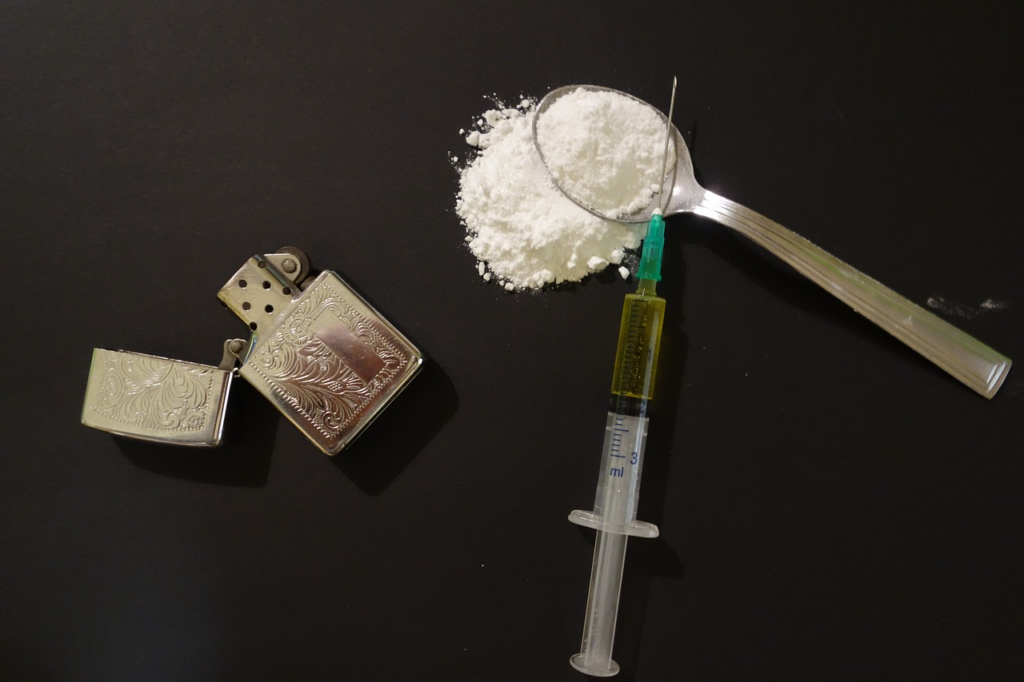5 Important Facts On The Cost Of Addiction And Your Finances
An individual who becomes addicted to drugs or alcohol might struggle a great deal in their life. They may be able to function, but usually, sooner or later, the system they have constructed breaks down. Individuals around them start to become aware of how bad of a problem they have. At that point, they might begin to see some serious consequences of their behavior.
Drugs and alcohol can take control of your life if you are not careful, but there are always ways to combat them as well. You should keep that in mind if you’re having trouble in this area.
If you believe addiction isn’t so bad, you should think about ways your finances might suffer if you ever reach this point. We’ll talk about a few possible financial repercussions of addiction in the following article.
5 Important Facts On The Cost Of Addiction And Your Finances
You Might Lose Your Job
If you have become addicted to drugs or alcohol, you might be able to conceal it for a time. Maybe you can keep working without anyone noticing you’re high, drunk, or hung over.
However, a time will almost always come when your performance will suffer. If you slur your words in front of a customer or you’re late for work one time too often, that could be what convinces your boss they should fire you. If that happens, you will not have any more money coming in, and your finances will suffer.
You Could Deplete Your Savings
You might also start to deplete your savings if you’re still addicted to drugs or alcohol and you have been fired from your job. You may start looking for a new position somewhere, but maybe you’re worried about having to pass a drug test. You might also not be able to appear sober and trustworthy when you go to job interviews.
During this time, you may spend any savings you have. You might do it without the closest people in your life being aware of it. However, if they are observant, they will probably notice what is happening with you.
You May Have to Use Money on Your Addiction You Earmarked for Other Things
If things get bad enough, you may even reach a point where you are spending money on drugs or alcohol that you set aside for much more responsible purchases or endeavors. For instance, maybe you’ll spend the college fund that you had been building for your child to attend a university. Perhaps you’ll burn through the money you were setting aside for your eventual retirement instead.
If you do these things, you are hurting your family members as well as yourself. You will probably experience shame, but if you are an addict, the need to get alcohol or your drug of choice will be stronger than those feelings of mortification and embarrassment.
There’s no denying that you will suffer financially if you become addicted to drugs or alcohol. Getting help becomes crucial before you get to the point of desperation and start losing family members and friends.
Conclusion
In conclusion, the financial ramifications of addiction extend far beyond the immediate costs of substance procurement. The journey through addiction often leads to a perilous financial landscape marked by job loss, depleted savings, and the redirection of funds from essential needs to fuel the addiction. Such a path not only jeopardizes one’s current financial stability but also casts a long shadow over future financial health and recovery possibilities.
The cost of addiction encompasses not just the physical and emotional toll but a profound financial one that can hinder rehabilitation efforts and long-term wellbeing. Recognizing these potential consequences is a crucial step toward seeking help and reclaiming control over both one’s life and finances. Ultimately, understanding the full impact of addiction on your finances is essential in motivating individuals towards recovery and a more stable, addiction-free future.









